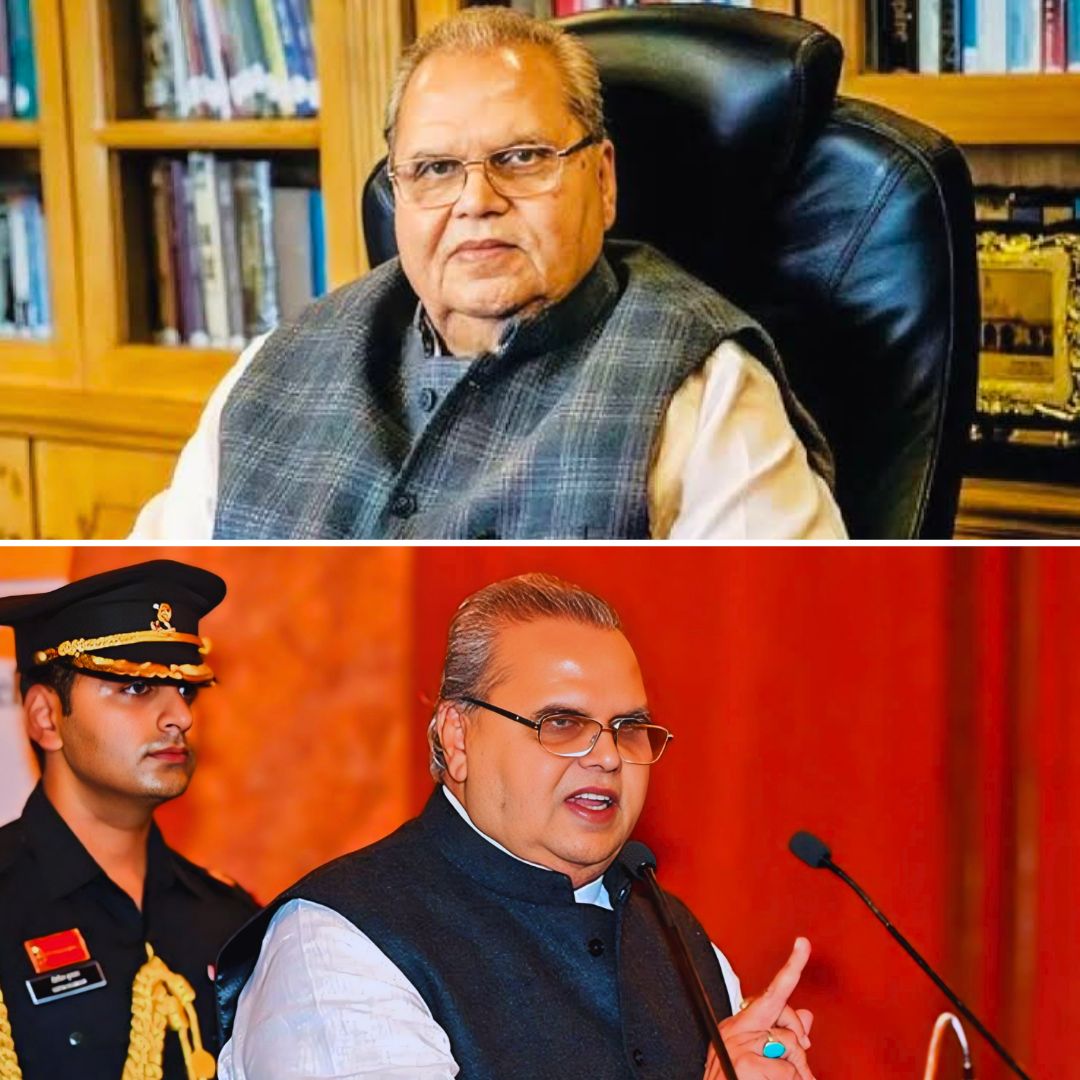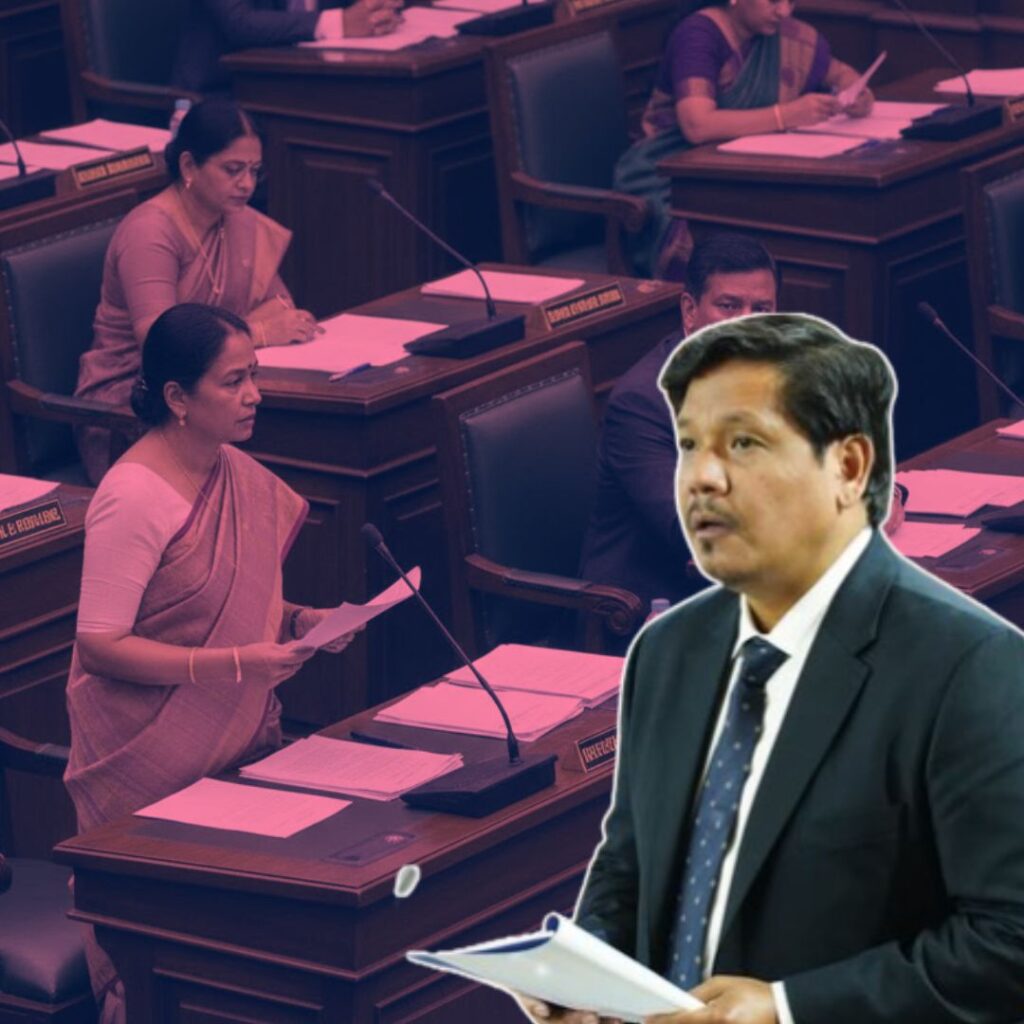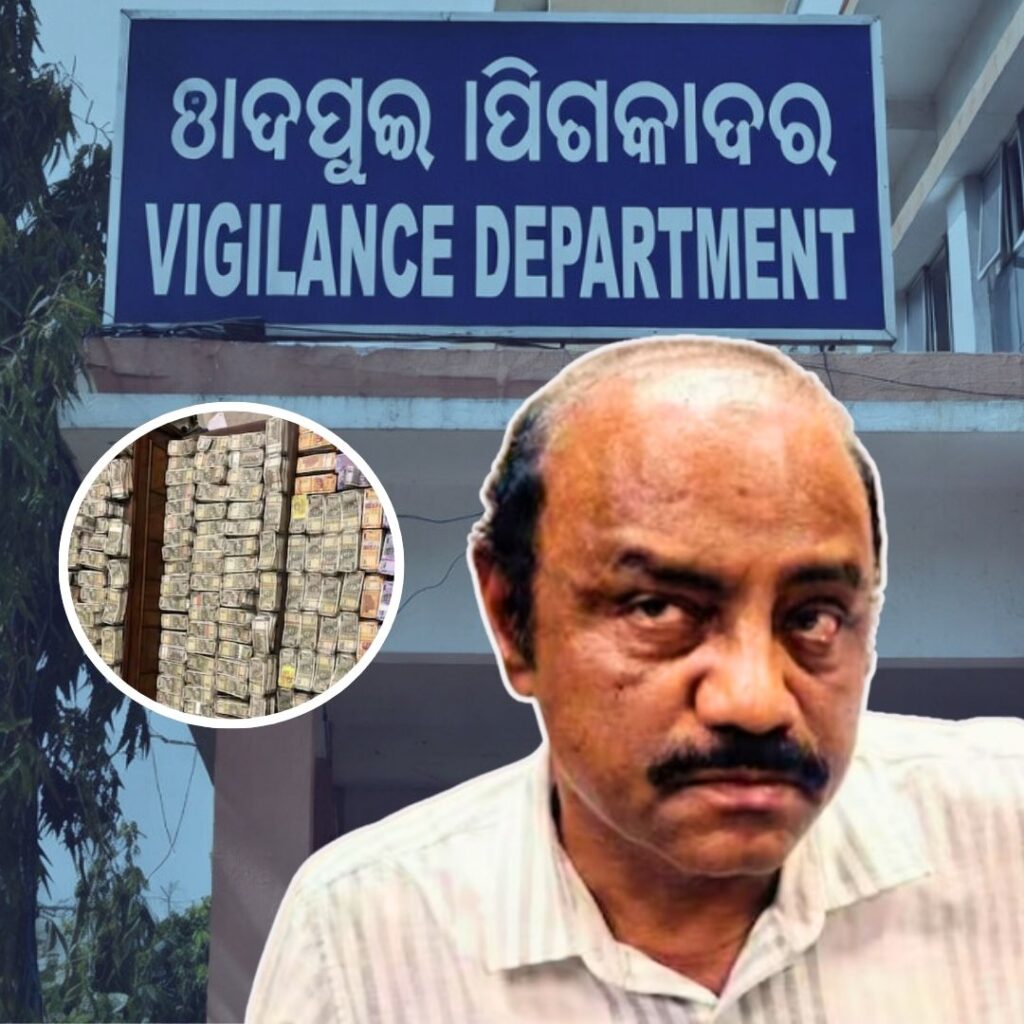Satya Pal Malik, the former Governor of Jammu and Kashmir and several other Indian states, passed away at the age of 79 on Tuesday in New Delhi. He had been battling kidney-related ailments and was undergoing treatment at Ram Manohar Lohia Hospital.
Malik served as the last Governor of Jammu and Kashmir from 2018 to 2019, a period during which the crucial decision to abrogate Article 370 took place, leading to the bifurcation of the state into two Union Territories. Besides Jammu and Kashmir, he also held gubernatorial positions in Bihar, Goa, Meghalaya, and Odisha, and had a political career spanning over five decades.
Early Life
Born on July 24, 1946, Malik began his political journey inspired by socialist ideologies during his college days in Meerut. Starting as a student leader in 1966–67, he rose to become president of Meerut College Student Union and subsequently president of the then Meerut University Students Union by 1968–69.
His electoral career began in 1974 when he won a seat in the Uttar Pradesh Legislative Assembly from Baghpat on the ticket of Chaudhary Charan Singh’s Bharatiya Kranti Dal, defeating his Communist Party rival. He later joined the Lok Dal, serving as its All-India General Secretary, and established himself in state politics.
Transition to National Politics
Malik made his mark at the national level as a member of the Rajya Sabha representing Uttar Pradesh from 1980 to 1989 across two terms. In 1989, he was elected to the 9th Lok Sabha from Aligarh on the Janata Dal ticket and served briefly as Union Minister of State for Parliamentary Affairs and Tourism.
His political journey involved affiliations with multiple parties, including Congress and Janata Dal, before joining the Bharatiya Janata Party (BJP) in 2004. Within the BJP, he climbed the ranks to become National Vice President and played significant roles such as heading the Kisan Morcha (farmers wing).
Gubernatorial Tenures and Defining Role in Jammu and Kashmir
In 2017, Malik was appointed Governor of Bihar, also entrusted briefly with additional responsibilities as Governor of Odisha in early 2018. His appointment as the 10th and last Governor of Jammu and Kashmir in August 2018 was a career pinnacle.
His tenure coincided with a historic and controversial political decision: on August 5, 2019, under his governorship, the government abrogated Article 370, revoking Jammu and Kashmir’s special status and bifurcating the region into two Union Territories. Malik’s role was pivotal in managing the transition period marked by curfews and political sensitivities. After Jammu and Kashmir, he served as Governor of Goa and then Meghalaya, until October 2022.
Personality, Political Stances, and Legacy
Known for his candid, sometimes rebellious style, Malik often voiced dissenting opinions even against his own party, particularly on farm laws later repealed due to widespread protests. Despite his shifts across parties, he remained connected to farmer communities and spoke against policies perceived to affect them adversely. In his later years, Malik expressed support for regional parties like RLD and Samajwadi Party, indicating his intent to mentor future political leaders rather than holding office himself.
Malik passed away on August 5, 2025, in New Delhi after suffering from prolonged kidney ailments. His career reflects decades of adaptable leadership navigating India’s complex political tapestry. His legacy is indelibly linked to one of India’s most transformative political events—the abrogation of Article 370—and serves as a reminder of the nuanced roles public servants play in shaping national history.
The Logical Indian Perspective
Satya Pal Malik’s life highlights the importance of reflective, sometimes courageous governance amid politically charged environments. His story prompts us to consider the balance between strong leadership and empathetic dialogue as essential to a vibrant democracy.












